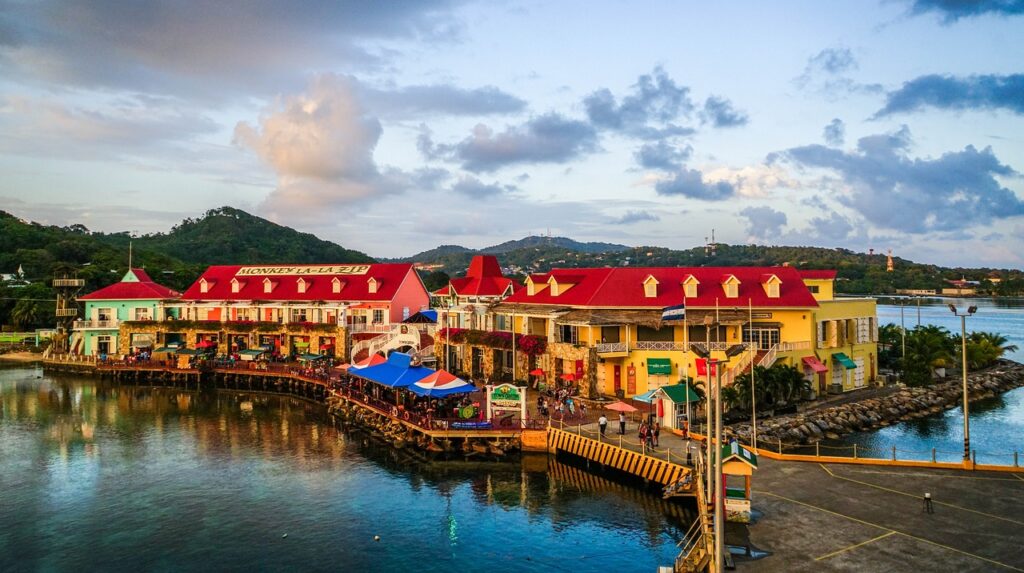For Events/Conferences/ Interpretation Services
- Ram Kesarwani - 9811 200 494
- ram@translationindia.com

Honduras was inhabited by indigenous people for thousands of years before the arrival of the Spanish in the 16th century. The Spanish ruled Honduras for over 300 years, during which time they brought Christianity and European culture to the country. In 1821, Honduras gained its independence from Spain.
Honduras is located in Central America. It is bordered by Guatemala to the west, El Salvador to the south, Nicaragua to the east, and the Gulf of Honduras and the Caribbean Sea to the north. Honduras has a total area of 112,090 square kilometers. The country is mostly mountainous, with a narrow coastal plain. The climate is tropical, with a rainy season from June to November.

Honduras is a developing country with a GDP per capita of \$2,500. The economy is based on agriculture, manufacturing, and tourism. The country is a major producer of coffee, bananas, and textiles.
Honduras is a diverse country with a rich culture. The country is home to over 10 million people, who speak a variety of languages, including Spanish, English, and indigenous languages. The country’s culture is a blend of European, African, and indigenous influences.

La Feria Juniana: This festival is held every year in June in Tegucigalpa, the capital of Honduras. The festival features traditional music, dance, and food from all over the country.
The official language of Honduras is Spanish. However, English is also widely spoken, especially in tourist areas. Indigenous languages are also spoken by a minority of the population.
Honduras is a beautiful and diverse country with a rich history and culture. The country is home to friendly people, stunning scenery, and a variety of activities for visitors to enjoy.